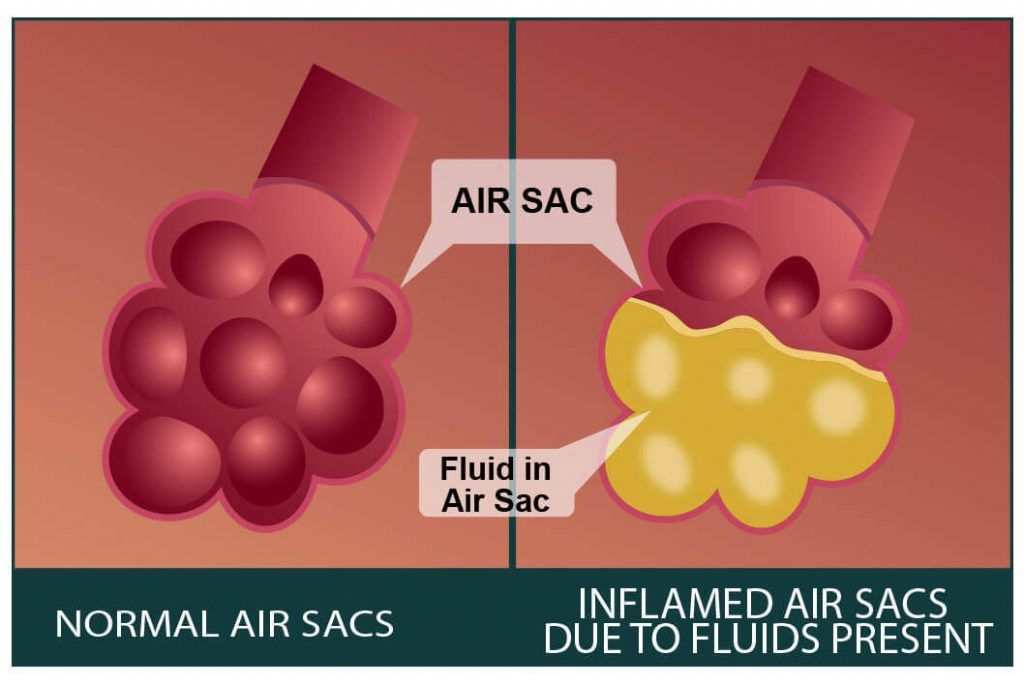PNEUMOCYSTIS PNEUMONIA

Pneumocystis pneumonia (PCP) is an infection in your lungs. It causes an inflammation of the air sacs of your lung. It results to difficulty in breathing. The infection is cause by a fungus “Pneumocystis jirovecii”.
This condition can affect anyone. But mostly, it affects children under 2 year’s old and older adult. It is difficult to treat and prevent. An early detection with treatment can lessen the case to become severe.
PCP can be fatal. It can lead to serious problem, if left untreated. A weak immune system can trigger the disease to develop. But there’s a medication available in treating this kind of disease.
SYMPTOMS OF PNEUMOCYSTIS PNEUMONIA
The symptoms of PCP include:
- Coughing with Phlegm
- Fever
- Chills
- Chest Pain when breathing
- Trouble Breathing
- Fatigue
- Loss of Appetite
- Lips and Fingernails are blue
SOURCE OF INFECTION
The listed below are some possible sources of the infection.
- Bacteria
- Mycoplasma
- Viruses
- Other infectious agents (Fungi)
- Inhaling the air by sneezing, coughing without covering the mouth
- Inhaling various chemical agents
- Hospital and healthcare facilities
RISK AND PREVENTION
WHO GETS PCP?
The following are the people at risk of developing the condition.
- Older Adult
- Children under 2 years and above
- A person with Weak Immune System
- A person with HIV/AIDS
- A stroke person
- Having a stem cell transplant
- Having a Blood cancer
- Smoker
- Using a ventilator
- Having a Chronic lung disease
- Living in a nursing facility
- Having a recent surgery
- Other illnesses (heart disease, diabetes)
- Have had a solid organ transplant
- Having an impaired consciousness
PREVENTING PNEUMOCYSTIS PNEUMONIA
HOW CAN I PREVENT PCP?
Aside from taking a vaccine. There’s a lot more you can do to prevent PCP such as:
- Wash your hands with soap and water.
- Use hand sanitizer if possible.
- Quit Smoking.
- Avoid long-term exposure to a person who is ill.
- Eat a healthy diet.
- Get enough rest.
- Drink lots of water and fluids.
- Use a humidifier.
- Take supplements such as Vit. C and Zinc.
- Maintain exercise every day.
- Have a Vaccine Prevnar 13
- Have a Vaccine Pneumovax 23
- Eat plenty of fruits and vegetables.
DIAGNOSING PNEUMOCYSTIS PNEUMONIA
In diagnosing PCP, your doctor will conduct an exam first. He will ask you about your symptoms, and medical history. Then he might perform a physical test. Using a stethoscope and a Chest X-ray. The doctor can confirm your diagnosis with this test.
In severe cases, your doctor might suggest you undergo the following test:
- Blood Test
- Sputum Test
- Urine Test
- CT Scan
- Bronchoscopy
The above-said test can help the doctor in diagnosing your condition.
TREATING PNEUMOCYSTIS PNEUMONIA
The treatment for PCP includes:
- Antibiotics
- Co-trimoxazole
- Bactrim
- Metronidazole
- Flagyl
- Septra
- Erythromycin
- Cough Medicine
- Fever Reducers/Pain Relievers
This condition must treat with a prescribed medication. If this disease left untreated it can cause death.



